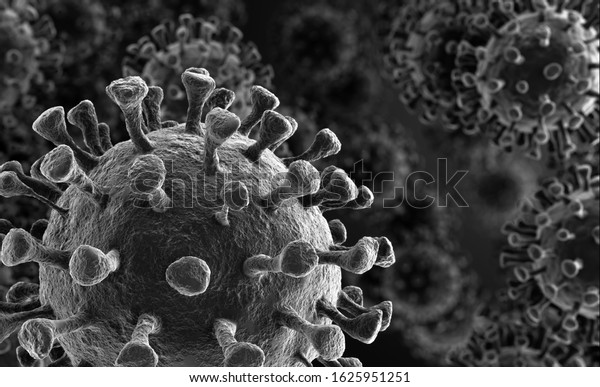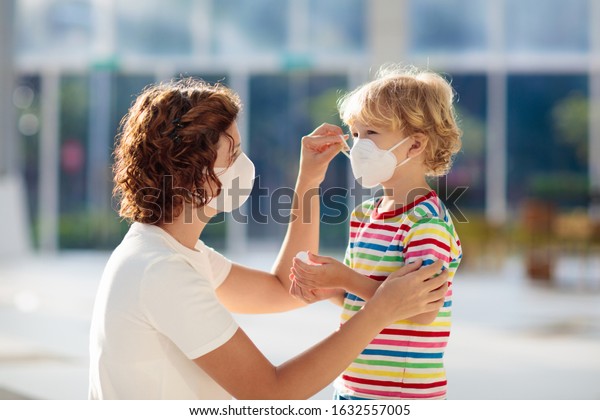COVID-19 pandemic is going strong, however, there is a lot of misinformation going on, so we made a list of the most frequently asked questions to help you stay safe and gain an important understanding of what humanity is dealing with right now.
What is a virus? What is coronavirus? Where did it get the name from?

The virus is a non-celluar infectious agent that consists of small genetic code fragments covered by the protein membrane. These organisms are so small, they can't even be seen with a regular microscope. After getting inside the living cell, the virus makes the cell spend its resources on replicating the virus over and over again.
There are more than 10 million viruses that are already known, but most of them are harmless to humans. There are only around a few hundreds that are known to be dangerous for our health, and even those are dealt with, thanks to our immune system.
However, these organisms tend to change, mutate, thus making our organism confused, unable to recognize the agents that have already been encountered.
Coronaviruses constitute the subfamily Orthocoronavirinae, in the family Coronaviridae. The name coronavirus comes from the shape of the protein spike that looks like a crown (corona in Latin). This group of RNA viruses causes respiratory infections in humans. Some of those infections are pretty mild such as common cold (mostly caused by rhinoviruses) and some are extremely dangerous and lethal - SARS, MERS and COVID-19. There are no vaccines or antiviral drugs to prevent or treat these infections at this moment.
What is the difference between SARS, MERS and COVID-19? What are the symptoms of being infected with COVID-19?
There are a few key differences between coronavirus and SARS:
- COVID-19 is spreading a lot more infectious but a lot less severe than SARS, according to health experts.
- For COVID, in the first few days after the infection, there are usually no symptoms, but the virus can already spread to other people, which makes it very hard to isolate the infected. SARS on the other hand made symptoms appear immediately, but the virus couldn't spread until a few days after.
- Around 80% of people experience regular common cold after the infection and around 18% of people don't feel any difference at all, while still being able to spread the virus. It's easy to mess up the symptoms of regular common cold and COVID, making it harder to recognize it.

Is there special treatment for the coronavirus? When will the vaccine be made? What should I do if I got infected?
There is currently no special treatment for COVID, so far the only existing strategy is fighting the symptoms. However, there is no need to panic, since around 80% of infected don't need the doctor's assistance since they experience coronavirus infection the same way as just regular cold. The hospitalization is however needed for elderly people or people with chronic diseases.

The most effective way to battle the virus is quarantine to stop it from spreading further. If you experience any of the key COVID symptoms such as coughing, temperature, lack of breath - it is a good idea to self isolate and to avoid leaving the house until you start feeling better. Masks and hand sanitizers are extremely useful in preventing the spread as well.
According to Peter Piot, professor of global health and director at London School of Hygiene and Tropical Medicine, most people will sooner get infected with COVID sooner or later, because of its extreme spreading ability, but it is very important to not panic and make sure to prepare yourself in case of infection. And who knows, maybe you were already infected with the virus, without even knowing about it?